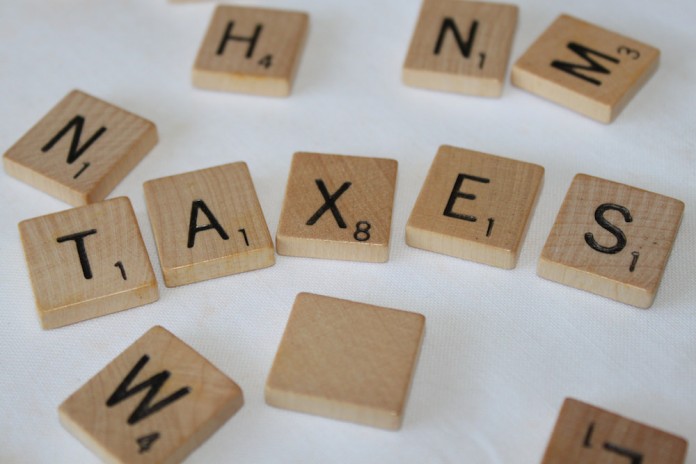In this blog post, Prasham Shah, a student at Pravin Gandhi College of Law, Mumbai and pursuing a Diploma in Entrepreneurship Administration and Business Laws from NUJS, Kolkata, analyses the taxation process of limited liability partnerships.
Introduction
The Finance Act, 2009 introduced the provisions relating to taxation of limited liability partnerships. ‘Limited Liability partnership’ (“LLP”) has been considered equivalent to a general ‘partnership firm’. In view of this, all the provisions relating to the general partnership firm apply mutatis mutandis to LLP.
Section 2 of the Income Tax Act, 1961 (“IT Act”) provides as under-
(23) (i) “firm” shall have the meaning assigned to it in the Indian Partnership Act, 1932 (9 of 1932), and shall include a limited liability partnership as defined in the Limited Liability Act, 2008 (6 of 2009)….
Residential Status of LLP
In India, the taxation of income is dependent upon the residential status of an assesse. According to section 6(2) of the Income Tax Act, a LLP shall be said to be a resident in India in any previous year in every case except where during that year the control and management of its affairs is situated wholly outside India.
Applicability of Income Computation and Disclosure Standard (ICDS) Issued by CBDT
The Central Board of Direct Taxes (CBDT) has vide Notification no. S.O. 892(E) dated 31st March 2015 issued the Income Computation and Disclosure Standard (ICDS), which is applicable for computation of income chargeable under the head ‘Profits and gains of business or profession’ or ‘Income from other sources.’ The ICDS is however not applicable for maintenance of books of accounts.
Conditions for Assessment as a Firm
Section 184 of the IT Act provides that a firm shall be assessed as a firm for the purposes of the IT Act, if –
- The partnership is evidenced by an instrument (ie written LLP Agreement); and
- The individual shares of the partners are specified in that instrument.
Steps for Computation of Taxable Income of LLP
Find out the income of the LLP under the following different heads of income, without considering the prescribed exemptions:
- Income from House Property
- Profits and Gains of Business or Profession
- Capital Gains
- Income from other sources including interest on securities, winnings from lotteries, races, puzzles, etc.
The payment of remuneration and interest to partners is deductible subject to fulfillment of conditions specified under sections 184 and 40(b) of the IT Act. Any salary, bonus, commission or remuneration, which is due to or received by partners, is allowed as a deduction from income of the partnership firm and the same is taxable in the hands of the partners.
Make deductions for brought forward losses, disallowances of interests, salary, etc paid by the LLP to its partners. The sum so obtained is the ‘gross total income’.
The ‘gross total income’, as reduced by the deductions under Chapter VIA to arrive at the ‘total income’ of the LLP on which income tax has to be computed and paid by the LLP at prescribed rate.
Tax Rate Applicable to LLP
The tax rate applicable to the LLP is same as firms. For the assessment year 2015-16, the tax rate for LLP is 30.90% (ie, 30% tax rate + 2% education cess + 1% secondary and higher secondary education cess). In case, the income of the LLP exceeds INR 1 crore in any financial year, surcharge @10% would also be payable.
Signing of Return of Income of LLP
The designated partner is required to sign the income tax return of LLP, or, where for any unavoidable reason such designated partner is not able to sign the return or where there is no designated partner as such, any partner shall sign the return.
Dividend Distribution Tax (DDT)
Unlike a company, there shall be no DDT payable by the LLP on the distribution of profits to its partners.
 Serato DJ Crack 2025Serato DJ PRO Crack
Serato DJ Crack 2025Serato DJ PRO Crack









 Allow notifications
Allow notifications


